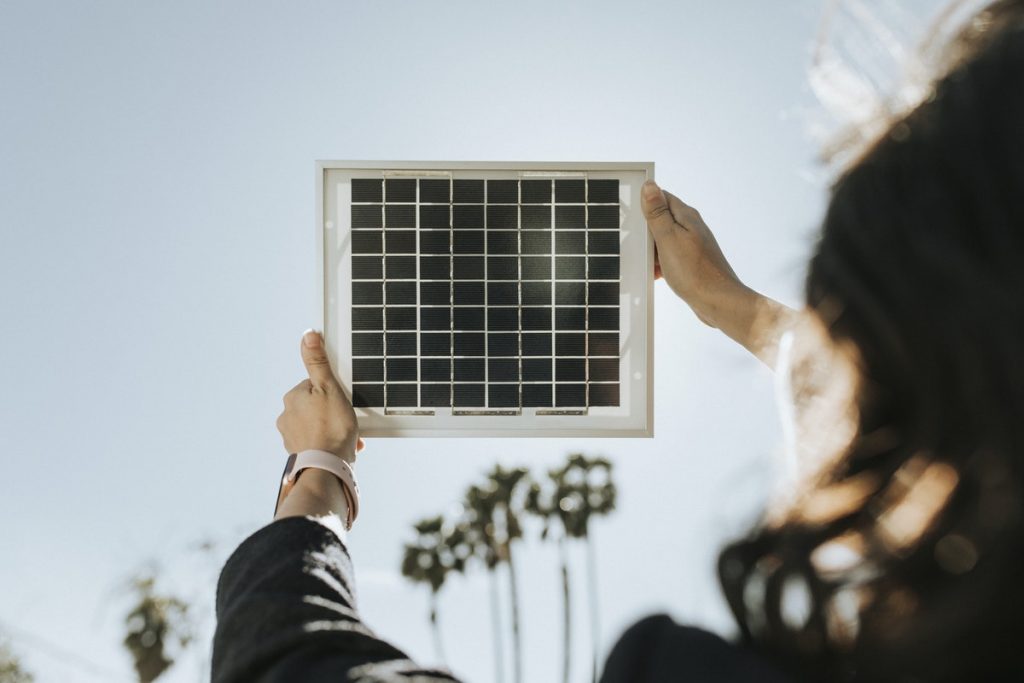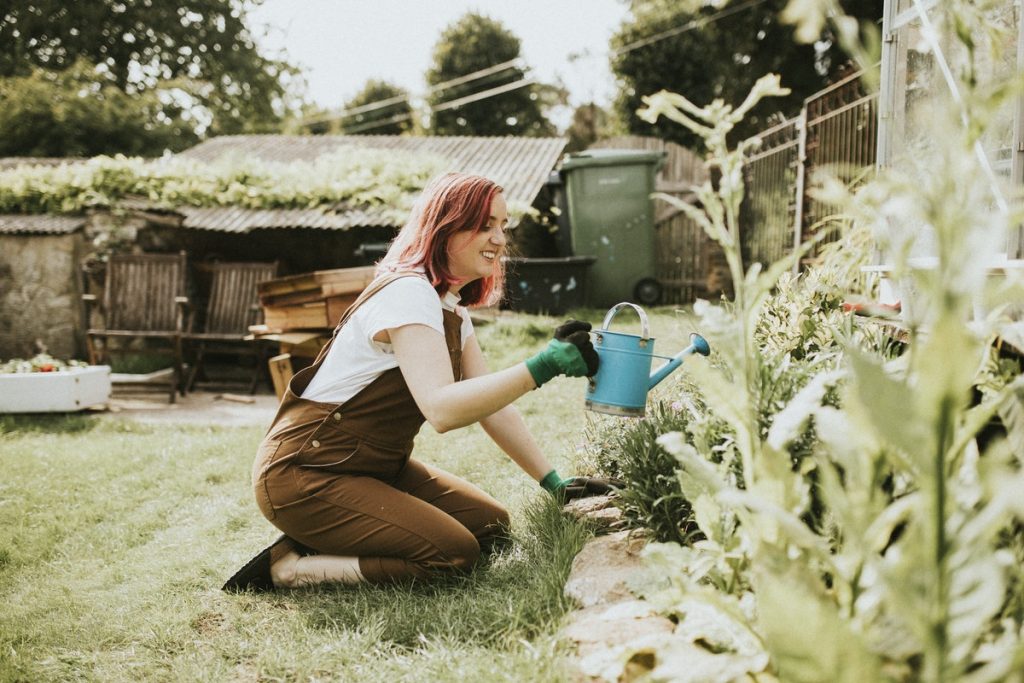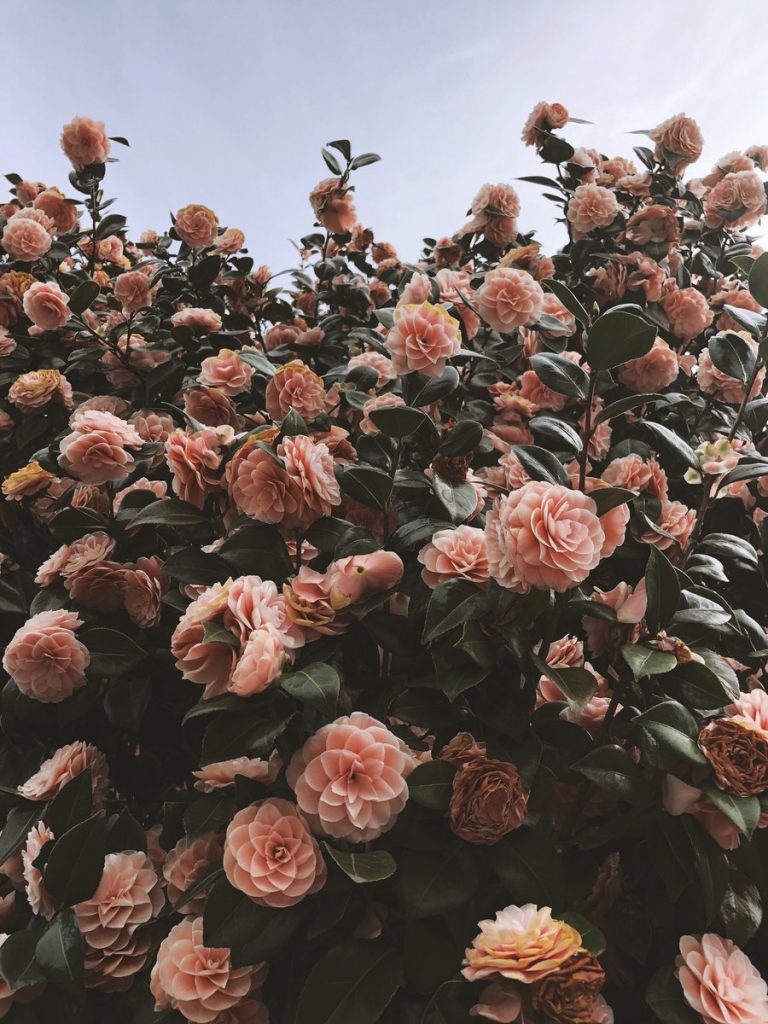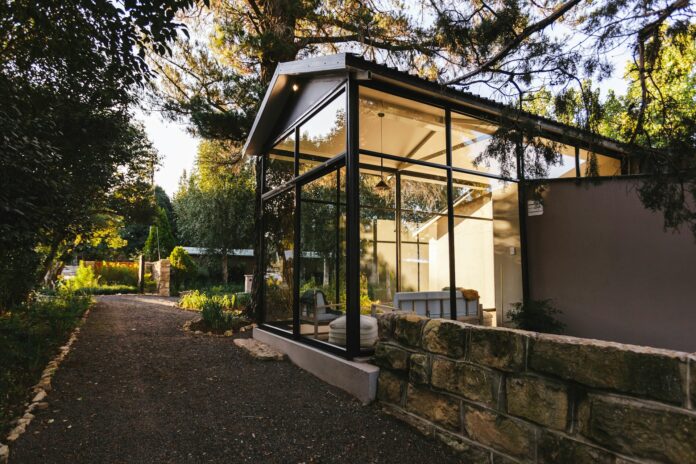The past few weeks have drawn into sharp focus the catastrophic effects of human activity on the planet. Unprecedented temperatures, wildfires and flooding have been occurring closer to home than ever before, and last week’s UN Intergovernmental Panel on Climate Change concluded that these weren’t random events, but rather, that humans were ‘unequivocally to blame for rising temperatures.’
Whilst it should be noted that just 100 major corporations are responsible for a whopping 70% of the world’s global greenhouse gas emissions, there are still things that the individual can do domestically to reduce their carbon footprint and impact on the environment.
Though so much domestic focus seems to be placed inside the property, whether it’s MPs imploring us to rinse our plates less often or the modern drive to install smart meters to improve energy efficiency, much of the individual’s carbon footprint actually treads most heavily in their gardens.
Indeed, there’s so much we can do to be more energy efficient, eco friendly and environmentally conscious in our outdoor spaces, so without further ado, here’s how to make your garden more eco friendly today.
INSTALL OUTDOOR SOLAR PANELS
If you’re keen to reduce energy bills and, in turn, your household’s environmental impact, then installing outdoor solar panels – most likely on your roof but also sometimes at ground level, in your garden – can do just that.
The Money Saving Expert suggests that installing solar panels could not only save you £360 a year in reduced energy bills, but doing so can also improve your home’s energy performance. Through the installation of panels, your property’s EPC (Energy Performance Certificate), will likely be promoted from a D to a band B, meaning your home is using its energy much more efficiently.
If you don’t have the roof space, ground mounted solar panels can provide power both to your home and your garden. If yours contains water fountains, ornamental lighting and power pumps, then such ground mounted panels are ideal for powering them. Do bear in mind that ground mounted systems that are larger than 9㎡ (four large solar panels, roughly) will require planning permission.

IMPLEMENT YOUR OWN HOSEPIPE BAN
Every summer without fail, Britain’s rags get hot under the collar about the prospect of hosepipe bans. Well, those necks are getting hotter and hotter each and every year, so why not implement your own, self-imposed hosepipe ban at home, in order to reduce your garden’s water usage?
Instead, water with precision by using a can. Be part of the prevention, not the cure, and do this permanently. Hey, you could even be tactical here, and leave your watering can out when it’s raining to collect water for your plants. Speaking of which…
GET CYCLICAL, AND WATER YOUR PLANTS WITH RAIN
Not only does collecting rainwater for your plants reduce your garden’s water usage, but rainwater is actually better for your plants than tap water. The latter contains harmful treatment chemicals, pharmaceuticals and high salt levels which aren’t beneficial for healthy, thriving plants.
Rain barrels, butts and tanks are the most popular and effective way to collect water, but even something DIY like a kid’s paddling pool put out in a heavy shower will do the job. Or, simply leave your watering can(s) upright in the garden in anticipation of rain, as we mentioned earlier. Result.

GROW YOUR OWN VEGETABLES
Let’s be honest here, growing your own fruit and vegetables isn’t likely to ever lead to self-sufficiency. It can, however, go some way to reducing your carbon footprint, by lessening the necessity for trips to the supermarket and cutting back on plastic use associated with shop-bought produce.
Really, the point here isn’t the homegrown crops themselves, however delicious they may be, but rather, cultivating a deeper connection with nature and the changing of the seasons, which is fundamental to a more sustainable approach to green living as a whole.
And once you’re growing your own crops, you’ll start looking at your garden in a whole new light, tending to plants and flowers with a greater awareness, too. All of which will make your garden a more hospitable place for wildlife…
Read: 10 ways to make your garden wildlife friendly
A WELCOMING SPACE FOR BEES
We’re all well versed by now in the importance of bees to our planet. But did you know that you can make your own garden more eco friendly by creating a safe, welcoming space for our buzzing buddies?
You can make your garden more bee friendly by introducing plants that they particularly love. Some of the best include echinacea, crocuses, zinnias, lavender, and sunflowers.
Go further, and build a bee hotel to encourage a hive of activity in your garden. All you’ll need is a 2 litre plastic bottle (hey, what a great way to recycle!), sandpaper, a craft knife, a metre’s worth of strong twine, and some garden clippers. Once you’ve gathered your bits together, click here to find out how to make your very own bee hotel.

USE NATURAL PESTICIDES WHERE POSSIBLE
Now that you’re growing your own fruit and vegetables, and have cultivated an environment that’s welcoming to bees and other wildlife, it’s essential that you maintain your garden in the most eco-friendly way possible. Ideally, this would be without the use of pesticides.
Fortunately, there are lots of natural methods available to prevent garden pests that don’t involve the use of harsh chemicals, including setting up physical barriers, diversifying your plant selection, and boosting the immune system of your plants organically. Check out these tips on ways to prevent garden pests efficiently for more on that.
STORE POTENTIALLY TOXIC ITEMS SAFELY
If you do need to use herbicides, pesticides and fertilisers occasionally, or if you keep heating oil in your garden for emergencies, then it’s essential that you store these potentially toxic items safely.
You want to do everything in your power to prevent inquisitive animals from accidentally consuming such items, so make sure you’re storing them in a padlocked shed, ideally in a locked cabinet or on shelving with liquids closer to the floor and powders on the shelves above.
If you keep backup heating oil at home for a furnace, boiler or tractor, then it’s unlikely you’ll be able to store it in your shed, as a tank usually requires a capacity of between 1’000 and 2’500 litres. To store oil safely and prevent spillages, the benefits of using bunded fuel tanks are undeniable, with the double layer present on a bunded fuel tank mitigating the risk of leaks through its two layer design.
MASTER THE ART OF COMPOSTING
Don’t let your leftovers rot in a landfill site, instead create your own compost. Actively composting your waste is one of the eco-friendliest things you can do in the garden, helping to reduce landfill waste and therefore incineration, and subsequently carbon emissions.
What’s more, composting is good for the land and encourages biodiversity as the space becomes a home for creepy crawlies and as such, the rest of the food chain. Compost heaps make for great fertiliser as well, and it can do wonders for your lawn. And remember it’s not just fruit and veg waste you can put in your compost; nearly all of your food waste can be used to create compost as well as egg shells, egg boxes and even cardboard boxes, too.





